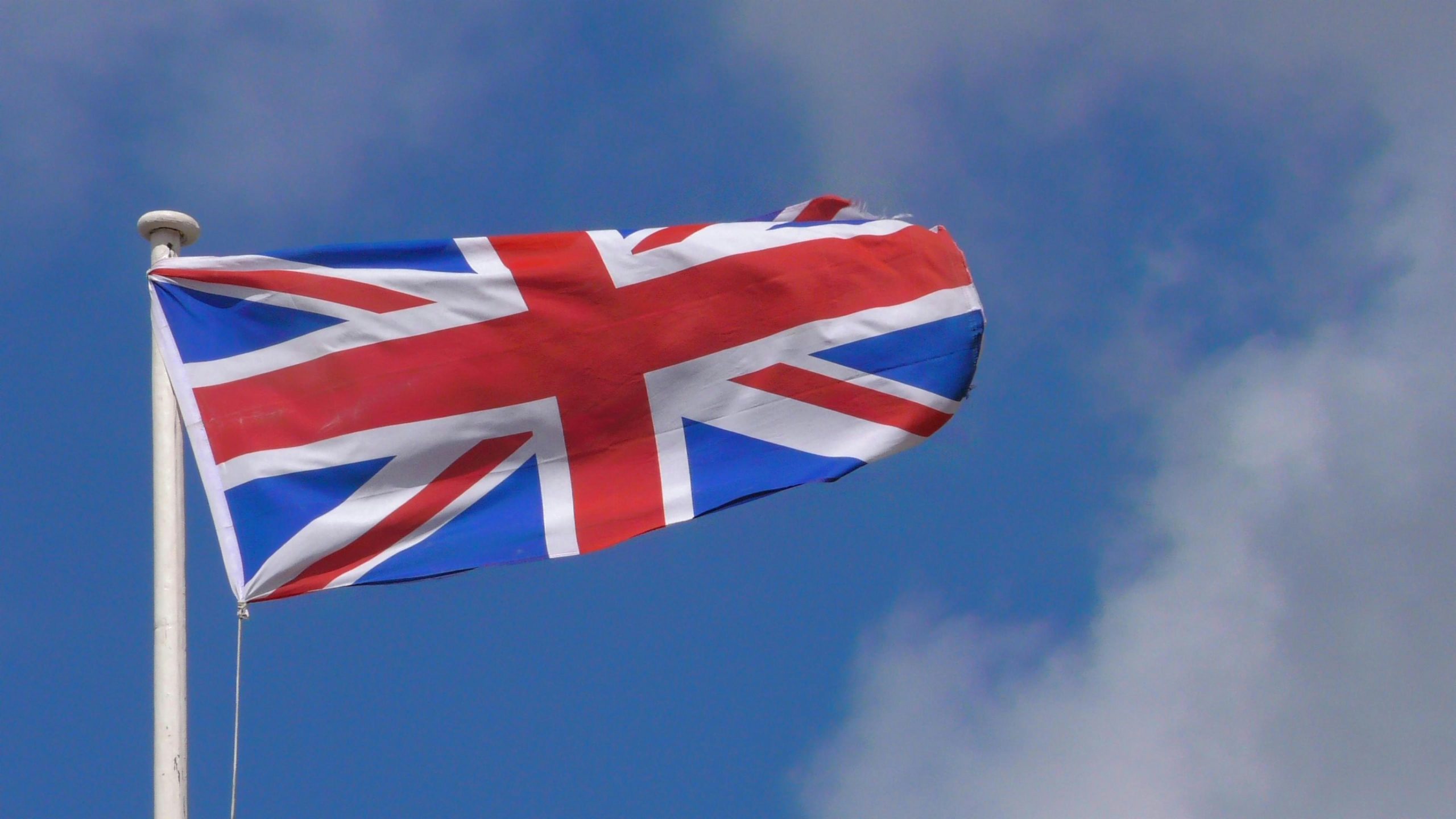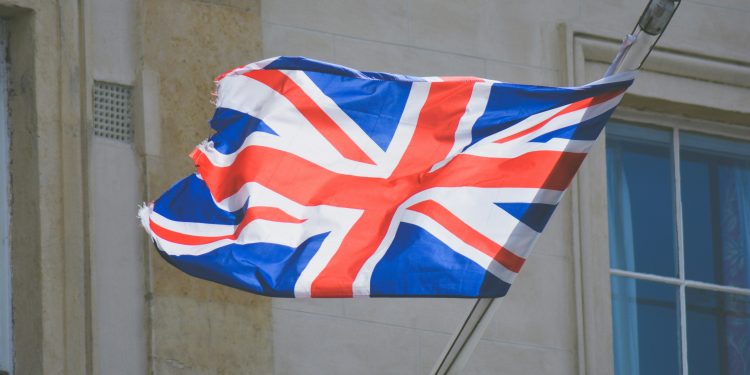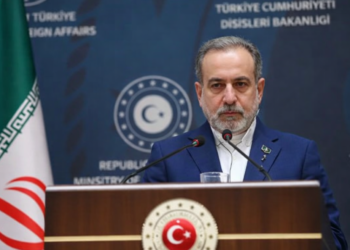Former Brexit campaigner Nigel Farage has announced sweeping immigration plans that would implement “mass deportations” of migrants crossing the English Channel in small boats if his Reform UK party forms Britain’s next government.
In a detailed interview with The Times newspaper, Farage outlined a radical policy platform that includes withdrawing the United Kingdom from the European Convention on Human Rights, negotiating repatriation agreements with Afghanistan and Eritrea, and establishing offshore processing facilities capable of holding 24,000 migrants. The proposal represents the most aggressive immigration policy announced by any major UK political figure, explicitly modeling aspects of the approach on Donald Trump’s immigration enforcement strategies.
The Farage plan would create massive holding facilities at former Royal Air Force bases with capacity for 24,000 migrants at an estimated cost of £2.5 billion ($3.4 billion). The centerpiece involves operating five deportation flights daily, targeting eventual removal numbers in the hundreds of thousands.

For those who cannot be immediately deported, Farage proposed housing asylum seekers on Ascension Island—a remote British territory in the South Atlantic—to send what he characterized as a “symbolic message” deterring future Channel crossings. This approach mirrors Australian offshore processing models and Trump-era immigration proposals, representing a significant departure from current UK asylum protocols.
Farage’s proposal includes fundamentally rewriting Britain’s legal framework by ending the right to claim asylum or challenge deportation for those arriving via small boats. This would involve opting out of international refugee treaties and replacing existing human rights legislation through emergency powers citing a “national emergency.” The policy directly addresses current statistics showing that approximately two-thirds of small boat arrivals successfully claim asylum while only 3% face deportation, numbers that have fueled public frustration according to Reform UK’s internal polling and recent election performances.
Why It Matters
The deportation proposal arrives amid growing public concern about immigration, with recent polls showing it surpassing economic issues as voters’ primary worry. Reform UK, which won five seats in last year’s general election, has recently topped voting intention surveys, indicating significant public receptivity to hardline immigration approaches. This support has been bolstered by regular protests outside hotels housing asylum seekers and several high-profile cases where migrants faced sexual assault charges, creating a perception among some voters of threatened public safety that Farage explicitly referenced in his interview.
When questioned about potential harm to deportees sent to countries with poor human rights records like Afghanistan and Eritrea, Farage stated he could not be “responsible for despotic regimes all over the world” but could prioritize “the safety of women and girls on our streets.” This ethical framework represents a significant departure from traditional UK foreign policy and human rights considerations, instead positioning domestic security concerns as paramount regardless of international obligations or potential consequences for deportees facing persecution in their countries of origin.

















